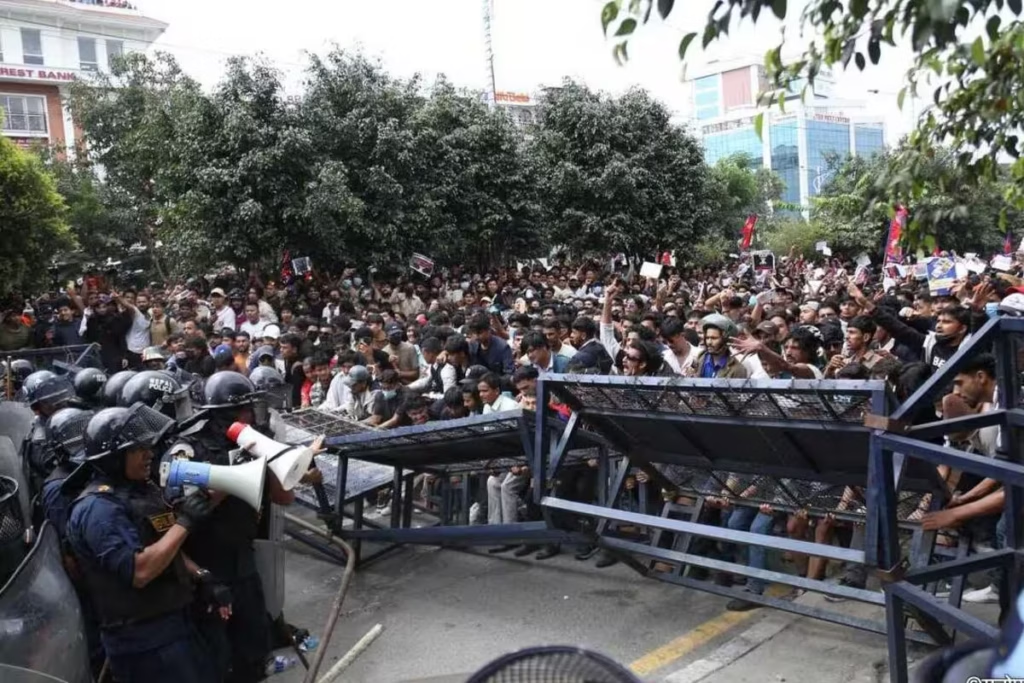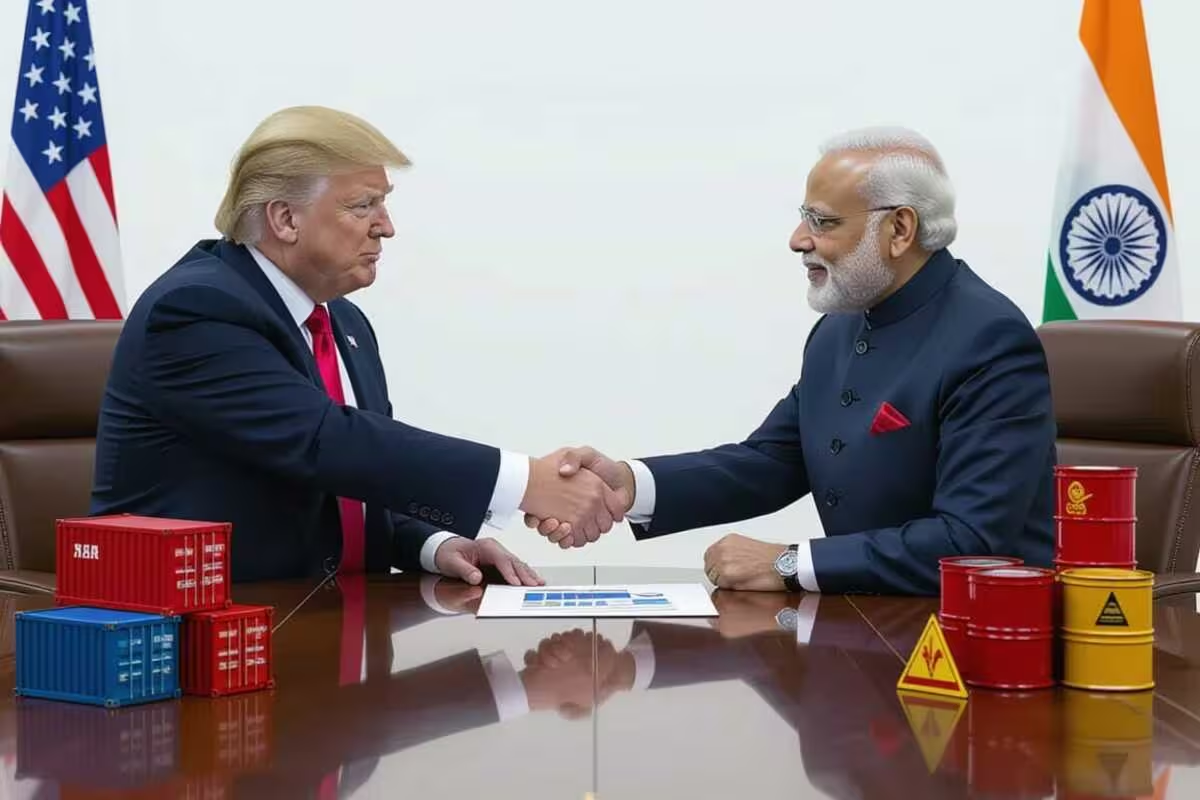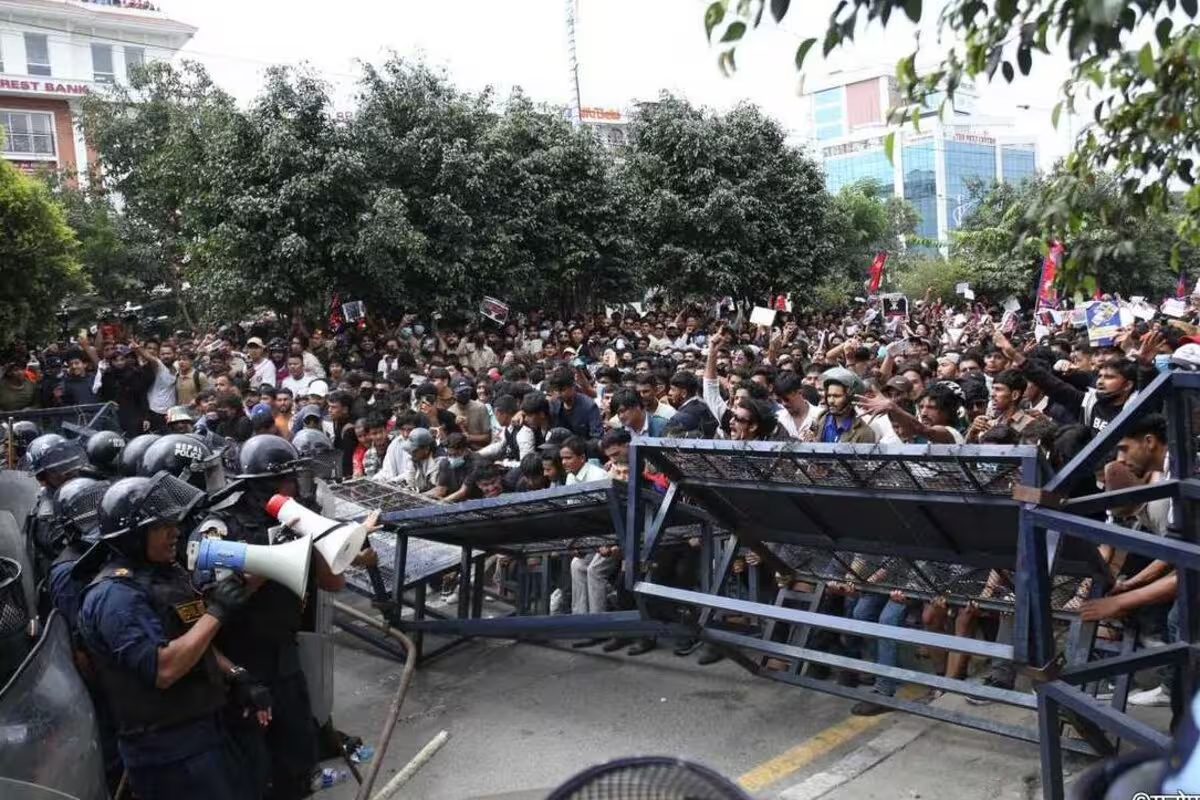Nepal Social Media Ban Sparks Deadly Protests; At Least 16 Killed in Kathmandu
Kathmandu, September 8, 2025 – The government has banned more than 26 popular social media and messaging platforms in an all-out attack against the cultural revolution in Nepal. Outraged mobs gathering in Kathmandu for violent protests left the death toll at 16, with many reported injured in the clashes with police, which were described as unconstitutional in the view of critics. Commenting on the ban, some say this marks a distinct step to authoritarianism since free expression and postmodern connectivity are incentives in Nepal, where social media forms the mainstay of business, tourism, and family ties.
Deadly Protests Over Social Media Shutdown
Turbulence started a few days after the ban was enforced at midnight on Thursday by Prime Minister Oli’s government. On Monday, thousands of protesters, most of them young Nepalis, charged through the streets of Kathmandu demanding that the restrictions be withdrawn. When some protestors tried to storm parliament, police responded with batons, tear gas, rubber bullets, and water cannons.
At least 16 are already dead from serious injuries, including gunshot wounds to the head and chest, according to the Nepali police. A curfew was quickly imposed in several areas of the capital in order to restore law and order.
The ban targeted major platforms like Facebook, Reddit, LinkedIn, Pinterest, and Signal. Five companies, including TikTok, were allowed to continue operations after complying with the government’s registration requirements. Immediately, the shutdown was detrimental to business operations, thereby cutting international communication for families and stalling parts of an otherwise burgeoning tourism sector in Nepal.
The Ministry of Communications and Information Technology stated that social media companies had failed to register under a new law supposedly aimed at countering online hate speech and misinformation. Conversely, rights groups claim the restrictions are excessive and politically motivated. The Committee to Protect Journalists (CPJ) has warned that the ban could create a “dangerous precedent for press freedom” in South Asia.
Rising Authoritarian Concerns Under the Oli Government
Prime Minister Oli justified the ban by saying he would not allow “national dignity, independence, and sovereignty” to be compromised. He stated that the ban is directed toward the protection of the independence of Nepal as public anger mounts.
Critics, however, see the ban as another example in a recurring timeline of democratic degradation. In 2023, the government temporarily banned TikTok for nine months, citing hate speech and cybercrime concerns, but reinstated it after the platform complied with registration rules. Currently, new bills being debated in parliament could grant the state extraordinary powers to close newspapers, penalize or imprison citizens for “anti-national” content, and withdraw the licenses of journalists.
For many Nepalis, the crackdown highlights a widening chasm between the political elite and everyday citizens. Viral TikTok videos circulating since the ban have contrasted the lavish lifestyles of politicians’ children with the struggles of working families, stoking public rage. Journalists also marched over the weekend, holding placards that read “freedom of expression is our right” and “democracy hacked, authoritarianism back.”
International observers state that Nepal’s actions reflect a worrying trend worldwide whereby governments now use “digital sovereignty” to justify acts of censorship. In line with others, a number of experts agree that platforms, if left unregulated, could spread harmful content; however, they caution that such blanket bans erode public trust and damage economies more than they protect national security.
The Road Ahead for Nepal’s Digital Future
As the curfew remains in effect in Kathmandu, scrutiny would intensify on Oli’s government, both internationally and domestically, due to the rising death toll from Monday’s protests. Restrictions signify a stark departure from democratic standards for a country proud of relatively open Internet freedoms compared to its neighbors.
Nepal’s existential choice thus stands: tighter controls over online space at the risk of civil liberties or balanced toward combating hate speech while not silencing dissent. Analysts caution that with parliament still mulling over the issue of restrictive media law, the next few months will be decisive months for the future of democracy in Nepal.
For the average Nepali, restoration of their ability to connect to the world, run their businesses, and express their voices freely online remains the paramount priority.







